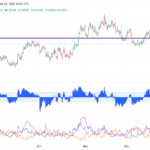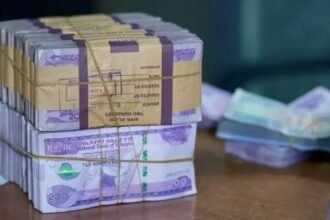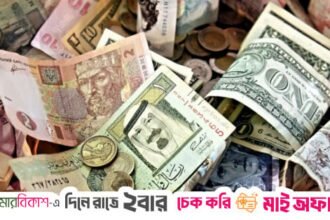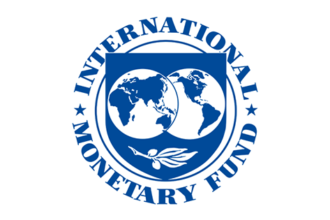North Korea revised the Labor Wages Act in May to make it illegal for workers to be paid in foreign currency. In addition, the new law deleted a section that authorized agencies, enterprises, organizations and farms to pay workers in kind and now requires them to be paid in cash.
Daily NK recently obtained a portion of the Labor Wages Act, which was revised and supplemented as Decree No. 1927 of the Standing Committee of the Supreme People’s Assembly on May 27.
Perhaps the most notable part of the revised law is that it fully prohibits paying workers with foreign currency and stipulates punishment for such behavior.
The original version of the law did not include a phrase about “calculating and paying labor wages in foreign currency” that appears in the revised version of Article 30 (Behavior Prohibited in the Payment of Labor Wages).
In addition, Article 44 (Unpaid Labor and Disciplinary Labor as Punishment) of the revised law states that individuals responsible for calculating and paying labor wages in foreign currency are to be punished with three or fewer months of unpaid or disciplinary labor or, in severe cases, with three or more months of such labor.
Stamping out foreign currency use
The phrase “foreign currency” cannot even be found in the 2023 version of the law. But the law was revised to state that wages cannot be paid in foreign currency and to threaten unpaid or disciplinary labor as punishment. This appears to be part of North Korea’s efforts since 2020 to stamp out the use of foreign currency, said Peter Ward, a research fellow at the Sejong Institute.
Another notable change in the revised law is the deletion of all previous sections that authorized noncash payment of labor wages.
Article 25 (Format and Timing of Payment of Labor Wages) of the previous version of the law provided that “labor wages are generally to be paid in cash but may be paid in kind depending on the specific nature of the business and the type of revenue in the entity or sector in question.” In addition, Article 33 (Combination of Cash and Noncash Distribution and Timing of Distribution) of the previous version stated that “settlement of wages on the farm is generally to consist of in-kind distribution along with cash distribution depending on the situation of the farm.”
However, the Korean word hyonmul — variously translated as “in kind” or “noncash” — is nowhere to be found in the corresponding passages in the revised version of the law. The new passages about the format and timing of the payment of labor wages (Articles 18 and 27) make no mention of noncash payment. Furthermore, the passage about methods of distribution on the farm (Article 39) explicitly states that distribution is supposed to be cash-oriented: “Farms are to distribute cash according to the days worked in accordance with the needs of crew management.”
Painful policy amid inflation
The 2023 version provided for cash and noncash distribution, but now distribution is focused on cash. There is reason to regard this as the codification of a painful policy for farm workers in this time of severe inflation, Ward observed.
North Korea has also used this revision to reorganize its disciplinary scheme.
Whereas Article 44 of the previous law bundled together an array of punishments — warnings of varying severity, unpaid and disciplinary labor, and demotions and dismissals — the revised version provides separate treatments of warnings (Article 43), disciplinary labor (Article 44) and demotions and dismissals (Article 45).
In the sections on legal consequences in Chapter 5 of the revised law, fewer actions are subject to warnings, and more actions are subject to disciplinary labor. This appears to show that North Korean authorities are growing more determined to control and restrict the circulation of money and that they are moving to institute tougher legal consequences, Ward said.
It should be noted, however, that these administrative punishments are by nature mild because they concern mere illegalities. They are handled much more leniently than social infractions, and the consumption of South Korean media in particular, the analyst added.





















